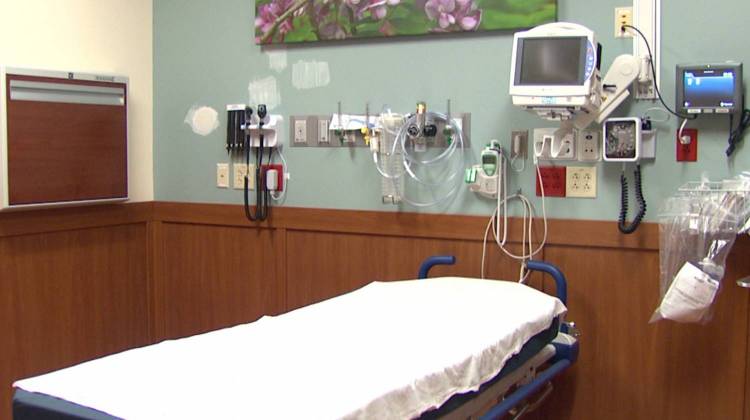
A new state law establishes a hierarchy for family members in health care decision-making.
(Steve Burns/WTIU)A new state law establishes a hierarchy for family members in health care decision-making.
It deals with situations where the patient can’t make decisions for themselves – and hasn’t designated a representative.
Current law already created a list of family members who can make health care decisions for their relatives. But Rep. Cindy Kirchhofer (R-Beech Grove) says it doesn’t give doctors guidance for what happens if some of those family members disagree.
“And a lot of times it leaves families in crisis trying to figure out who’s going to make the best decisions for the incapacitated individual,” Kirchhofer says.
New law creates a hierarchy: spouse, adult child, parent, adult sibling, grandparent, and adult grandchild. Kirchhofer says the measure also adds a new category, for situations like one she saw in the health care system she works in: a man with no relatives.
“The only one that he had was his pastor – but his pastor was not able to make that decision,” Kirchhofer says.
Under the new law, if there are no relatives, an adult friend who has "maintained regular contact" with the patient and is familiar with their "activities, health, and ... beliefs" can make those health care decisions.
The law takes effect July 1.
 DONATE
DONATE










 Support WFYI. We can't do it without you.
Support WFYI. We can't do it without you.